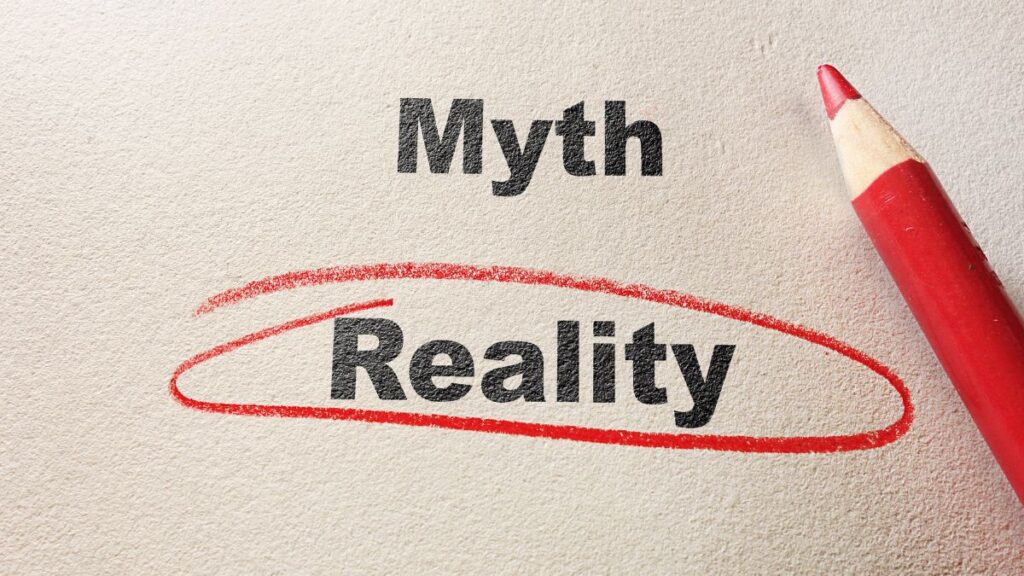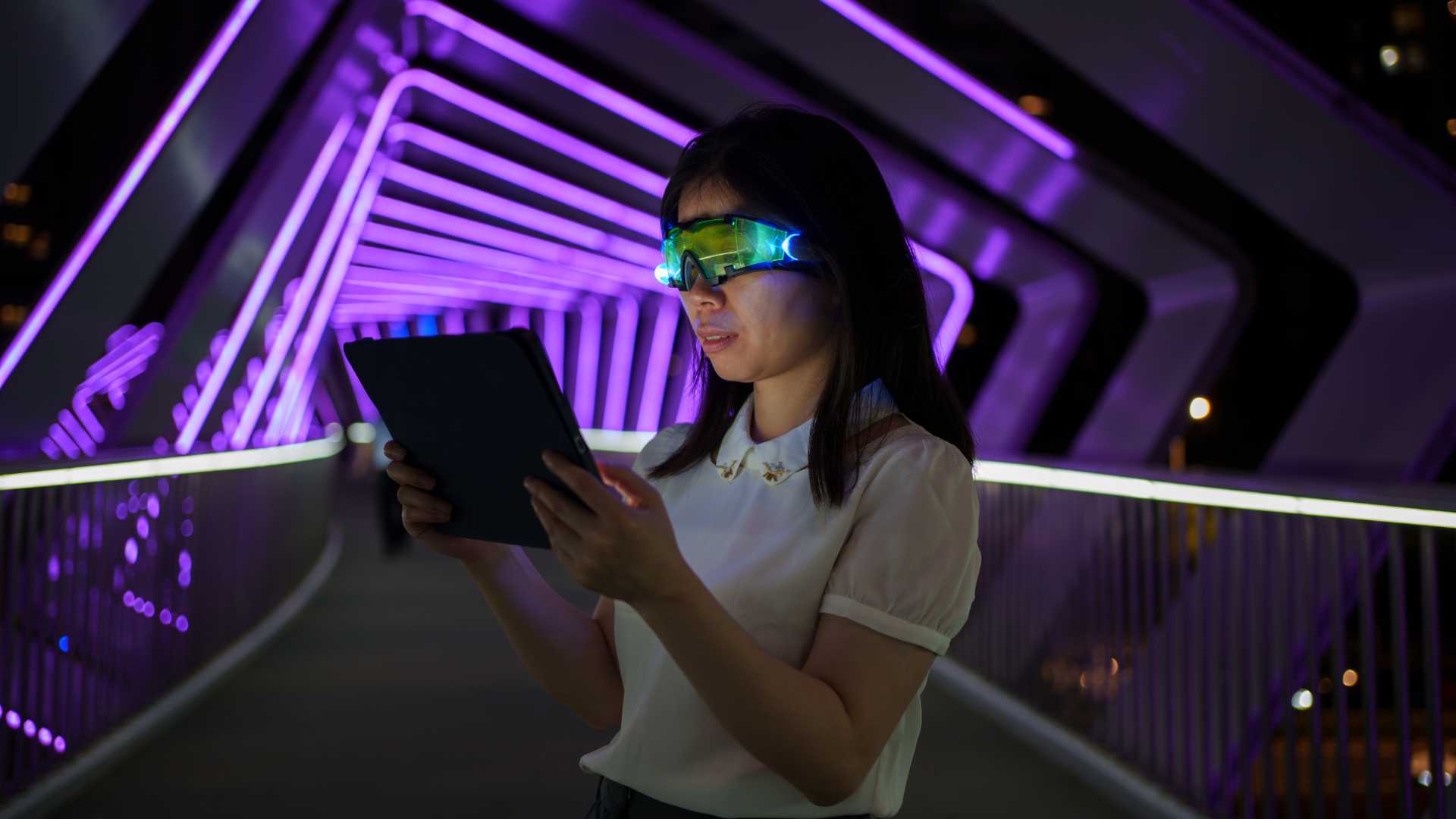El trastorno del espectro autista (TEA) es una condición compleja del neurodesarrollo que afecta a las personas de maneras únicas y diversas. Con los años, ha habido una cantidad significativa de información y conceptos erróneos en torno al autismo, especialmente en lo que respecta a la existencia de una cura. Muchos de estos conceptos erróneos han llegado a la atención de los medios de comunicación, arrojando una luz negativa sobre las complejidades genuinas de la enfermedad. Deseamos eliminar la pregunta "¿Existe una cura para el autismo?" de una vez por todas y dar a las personas el conocimiento para hacer juicios sólidos sobre el trastorno.
Como defensores de la aceptación y comprensión del autismo ABA Centers of New Jersey entiende que es esencial promover información precisa sobre la cura del autismo y una perspectiva más inclusiva y compasiva hacia la neurodiversidad. De esta manera, podemos romper los estigmas, reducir la difusión de información errónea y resaltar los detalles únicos de cómo el autismo afecta a un individuo. Este blog desacreditará muchos de los mitos más populares con respecto a una cura para el autismo y brindará una perspectiva realista de lo que puede experimentar una persona con TEA.
Desmintiendo los Mitos con Respecto a la Pregunta: "¿Existe una Cura Para el Autismo?"
Entonces, ¿existe una cura para el autismo? En pocas palabras, no, no hay cura. Muchas personas con autismo se desaniman cuando alguien intenta "curarlos". Estas personas desean obtener la misma aceptación que todos los demás. Su condición no requiere cura; en cambio, proporcionarles herramientas y habilidades para vivir vidas significativas es el objetivo de la mayoría de los servicios de atención del autismo, como la terapia ABA. Ahora vamos a desmentir algunos de los mitos más populares:
Mito #1: El Autismo es una Enfermedad que Necesita Cura – Uno de los mitos más persistentes sobre el autismo es que es una enfermedad o dolencia que requiere cura. Este concepto erróneo se deriva de un modelo médico que ve el autismo únicamente como un conjunto de déficits que uno debe corregir. En cambio, el autismo es una variación natural de la neurología humana, y las personas con TEA tienen diversas fortalezas y desafíos que contribuyen a sus identidades únicas.
Los expertos en autismo ahora ven la condición como una diferencia en el desarrollo neurológico en lugar de una enfermedad. Como tal, el enfoque debe cambiar hacia la comprensión y la adaptación a las necesidades de las personas autistas en lugar de tratar de cambiarlas o "curarlas". Abrazar la neurodiversidad significa aceptar y celebrar la amplia gama de cerebros humanos y reconocer que cada individuo tiene valor y merece respeto y apoyo, independientemente de su neurología.
Mito # 2: Podemos Curar el Autismo A Través de Varias Terapias o Tratamientos – El deseo de una cura ha llevado a la promoción de varias terapias y tratamientos que afirman "revertir" o "curar" el autismo. Estos tratamientos a menudo carecen de evidencia científica y pueden ser dañinos, lo que lleva a la explotación de personas vulnerables y sus familias.
Uno de esos tratamientos desacreditados es el uso de medicamentos o suplementos "milagrosos" que afirman curar el autismo. Estos tratamientos no solo son ineficaces, sino que también pueden suponer graves riesgos para la salud. Es crucial consultar con profesionales médicos calificados y seguir prácticas basadas en la evidencia cuando se buscan intervenciones para personas con autismo.
Mito #3: La Intervención Temprana Puede "Curar" el Autismo – La intervención temprana – La intervención temprana es esencial para apoyar a las personas con autismo y promover su desarrollo y bienestar. Sin embargo, no es una cura para el autismo. La intervención temprana se centra en proporcionar servicios especializados y apoyo para abordar desafíos específicos y facilitar el aprendizaje y el crecimiento a una edad temprana.
Al identificar los retrasos en el desarrollo desde el principio y proporcionar intervenciones específicas, intervención temprana puede ayudar a mejorar la comunicación, las habilidades sociales y las habilidades de la vida diaria de las personas con autismo. También puede mejorar su calidad de vida y ayudarles a alcanzar su máximo potencial. Sin embargo, el autismo es una afección del neurodesarrollo de por vida, y la intervención temprana no cambia la neurología de un individuo.
Mito # 4: Enmascarar los Síntomas del Autismo es Beneficioso – "Enmascarar" – “Maskingse refiere al fenómeno en el que las personas con TEA suprimen u ocultan sus comportamientos y características naturales para encajar en las normas y expectativas sociales. El enmascaramiento puede implicar:
- Imitar comportamientos no autistas, como hacer contacto visual
- Imitar expresiones faciales
- Supresión de la estimulación (comportamientos autoestimulatorios)
Si bien algunas personas pueden usar el enmascaramiento como un mecanismo de afrontamiento para navegar por situaciones sociales, es esencial reconocer que el enmascaramiento tiene un costo. El uso prolongado del enmascaramiento puede provocar agotamiento, problemas de salud mental y pérdida de autenticidad. En lugar de fomentar el enmascaramiento, la sociedad debería fomentar entornos en los que estas personas se sientan aceptadas y puedan ser ellas mismas sin la presión de ajustarse a los estándares neurotípicos.
Myth #5: Mito #5: Las Vacunas Pueden Causar Autismo – La investigación científica ha desacreditado completamente el mito de que las vacunas causan autismo. Numerosos estudios han demostrado que no existe ningún vínculo entre ambos. La investigación inicial que sugería una conexión entre la vacuna contra el sarampión, las paperas y la rubéola (MMR) y el autismo se ha demostrado falsa, y su autor perdió su licencia médica debido a prácticas de investigación fraudulentas.
Los funcionarios de salud pública y los expertos médicos abogan firmemente por la importancia de las vacunas para prevenir enfermedades graves y proteger la salud pública. Es vital confiar en la información basada en la evidencia y el asesoramiento de expertos al considerar la vacunación para las personas con autismo y la población en general.
Terapia ABA Para el Cuidado del Autismo
Si bien la respuesta a "¿Existe una cura para el autismo?" sigue siendo no, muchas intervenciones pueden beneficiar significativamente a las personas en el espectro. Entre ellos se encuentra la terapia de La terapia de Análisis del Comportamiento Aplicado (ABA), considerada el Estándar de Oro en el tratamiento del autismo. La terapia ABA es un método para observar el comportamiento, enseñar nuevas habilidades y disminuir los comportamientos desafiantes en niños con autismo. Se ha demostrado que mejora la comunicación, las relaciones sociales, las habilidades de juego, el rendimiento
La terapia ABA no se trata solo de los niños; También se trata de empoderar a los padres y cuidadores. En ABA Centers of New Jersey, el éxito de la terapia ABA radica en la colaboración y la asociación con las familias. Las personas y sus familias pueden comenzar la terapia ABA en clínicas, escuelas o en el hogar, cada una de las cuales ofrece ventajas únicas basadas en sus preferencias personales.
La terapia ABA no trata de curar a estos individuos. En cambio, su objetivo principal es proporcionarles las habilidades y herramientas para ser lo mejor de sí mismos. Las personas con TEA aprenden a aceptar quiénes son e integrarse en la sociedad sin presiones ni ansiedad, ganando confianza y un sentido de significado en sus vidas.
Abrazando la Aceptación del Autismo y la Neurodiversidad en ABA Centers of New Jersey
Desmentir los mitos de una cura para el autismo es crucial para fomentar una sociedad más inclusiva y tolerante. Abrazar la neurodiversidad significa celebrar la amplia gama de experiencias humanas y valorar las contribuciones de las personas con autismo a nuestras comunidades. En lugar de buscar una cura para el autismo, debemos centrarnos en apoyar y acomodar las necesidades de las personas autistas, promover su autonomía y crear entornos que fomenten su bienestar y crecimiento.
ABA Centers of New Jersey ofrece terapia ABA para mejorar la vida de las personas con TEA. Ofrecemos servicios clínicos en el hogar para brindarles las habilidades que necesitan para vivir vidas prósperas. Contáctanos al (855) 949-1888 o visita nuestro sitio web para obtener más información sobre nuestros servicios de terapia ABA o para programar una consulta gratuita.








